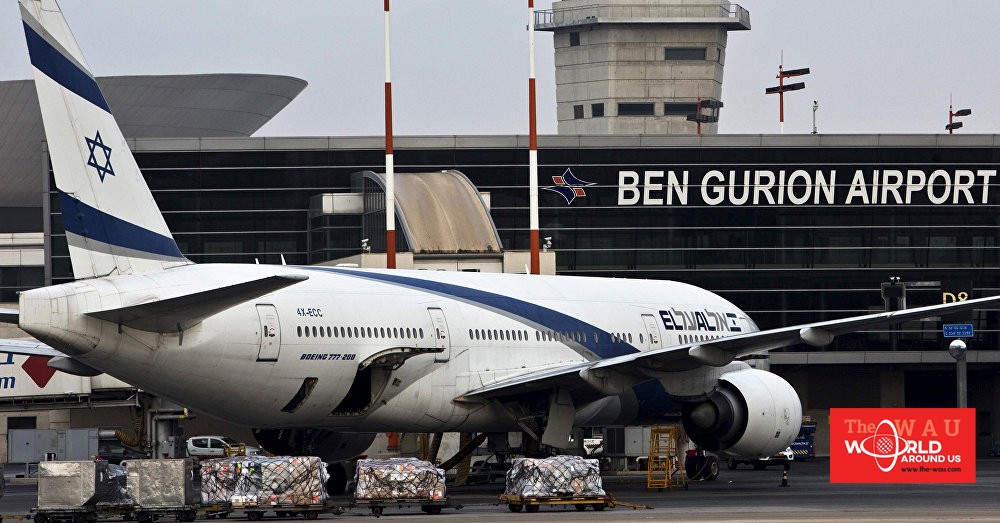The Lebanese defence minister ruled out the possibility of military conflict with Tel Aviv in the near future, however.
Lebanon's Defence Minister Elias Bou Saab has warned that the Lebanese Air Force will strike Israel's Ben Gurion airport in the event of a military conflict between the two states, the Jerusalem Post reported, citing Hezbollah's al-Manar news site.
Speaking during his tour to the southern part of the country, the minister promised Beirut will react symmetrically to Tel Aviv's military actions.
"If Israel bombards our airport, we will bombard its airport; if it strikes our oil facilities, we will strike its oil facilities," he was quoted as saying by al-Manar.
On Wednesday, the minister met with Army Chief General Joseph Aoun and other ranking army officers, who briefed him on the situation in the region, al-Manar says. Later that day, the minister and the army chief visited the UN peacekeeping mission headquarters in Naqoura, where they met with UN Interim Force In Lebanon (UNIFIL) General Commander Major General Stefano Del Col.
Earlier, Bou Saab ruled out any war between Lebanon and Israel, adding that Lebanon's military poses enough of a deterrent to prevent armed conflict with Tel Aviv.
Bilateral relations between Beirut and Tel Aviv are complicated. In 2006, Israel fought Lebanon's Hezbollah movement, launching a ground invasion in southern Lebanon. Despite that, Tel Aviv never declared war on Beirut, and the Lebanese Armed Forces did not engage in the conflict, which ended in a UN-mediated ceasefire agreement (UN Security Council Resolution 1701).
During the 2006 war, Israel targeted both Hezbollah and civilian infrastructure in Lebanon, including Beirut's Rafic Hariri International Airport, Lebanese highways and the Jiyeh Power Station, which resulted in tens of thousands tons of oil leaking into the Mediterranean sea.
The two countries currently have a maritime border dispute, fueled by oil and gas reserves in the Levant Basin. On Tuesday, Lebanon's Speaker of the House Nabih Berri said that Beirut is prepared to demarcate its maritime border with Israel under the supervision of the United Nations, according to the Jerusalem Post.
Share This Post















